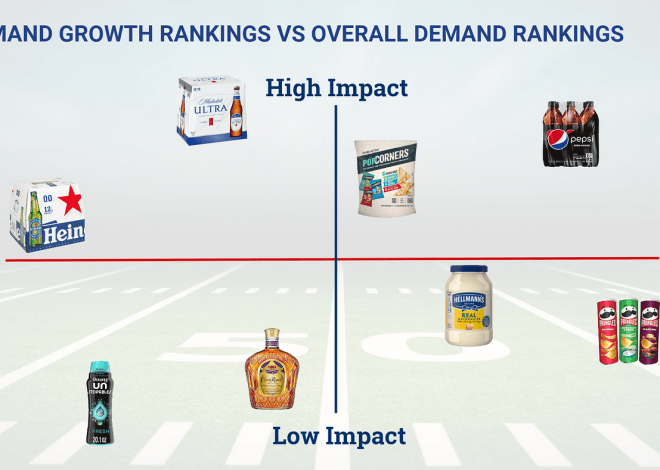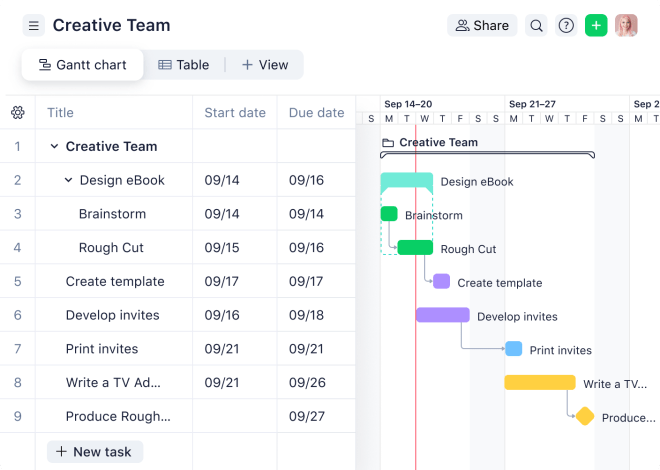The 5 Best Apps to Test Your 5G Connection
The advent of 5G technology has revolutionized mobile connectivity, promising blazing-fast speeds and ultra-low latency. However, experiencing the full potential of 5G requires more than just a compatible device and a 5G-enabled network. Understanding the strength and stability of your 5G connection is crucial for optimizing your mobile experience, ensuring seamless streaming, lag-free gaming, and rapid downloads. Fortunately, a plethora of apps are available for both Android and iOS platforms, designed to accurately measure and analyze your 5G performance. This article delves into the five best apps that empower you to test your 5G connection, providing valuable insights into your network speed, signal strength, and overall performance.
Understanding the Importance of 5G Speed Testing
Before diving into the best apps, it’s essential to understand why testing your 5G connection is important. While 5G promises superior performance, real-world speeds can vary significantly depending on factors such as network congestion, distance from the cell tower, and device capabilities. Regularly testing your 5G connection allows you to:
- Verify Network Performance: Ensure you’re actually receiving the speeds you’re paying for from your mobile carrier.
- Troubleshoot Connectivity Issues: Identify potential problems with your 5G connection, such as weak signal or network congestion.
- Optimize Device Placement: Determine the best location within your home or office for optimal 5G reception.
- Compare Network Performance: Evaluate the performance of different mobile carriers or network configurations.
- Track Network Improvements: Monitor changes in your 5G performance over time, allowing you to assess the impact of network upgrades or optimizations.
The Top 5 Apps for Testing Your 5G Connection
Here are the five best apps for testing your 5G connection on both Android and iOS devices, each offering a unique set of features and capabilities:
1. Speedtest by Ookla
Speedtest by Ookla is arguably the most popular and widely used speed testing app available. Its reputation is built on accuracy and reliability, providing comprehensive insights into your internet connection’s performance. This free app is available on both Android and iOS platforms and delivers a user-friendly interface that simplifies the testing process. Simply tap the “Go” button, and Speedtest will quickly measure your download speed, upload speed, and ping (latency). The results are presented in a clear and concise manner, allowing you to easily understand your connection’s performance.
Beyond the basic speed test, Speedtest also offers several advanced features, including:
- Detailed Test History: Track your speed test results over time, allowing you to monitor changes in your connection’s performance.
- Server Selection: Choose a specific server to test against, ensuring consistent and accurate results.
- Video Test: Measure your connection’s ability to stream video content.
- Map Coverage: View a map of 5G coverage in your area, helping you identify areas with strong or weak signals.
Speedtest’s server network is vast and globally distributed, which ensures accurate and reliable results regardless of your location. Its ease of use and comprehensive feature set make it an excellent choice for anyone looking to test their 5G connection.
2. nPerf
nPerf is another excellent app for testing your 5G connection, offering a comprehensive suite of tools for analyzing network performance. Similar to Speedtest, nPerf measures download speed, upload speed, and ping. However, nPerf goes a step further by also testing your browsing speed and streaming quality. This provides a more holistic view of your internet experience, helping you understand how your connection performs in real-world scenarios.
One of nPerf’s standout features is its interactive map, which allows you to view the performance of different mobile carriers in your area. This can be incredibly useful for comparing the speeds and coverage of different networks, helping you make informed decisions about your mobile service provider. The app also includes a signal strength meter, allowing you to easily identify areas with strong or weak 5G signals.
nPerf also provides detailed statistics about your connection, including packet loss, jitter, and DNS resolution time. This information can be valuable for troubleshooting connectivity issues and identifying potential bottlenecks in your network.
3. TestMy.net
TestMy.net takes a different approach to speed testing, focusing on sustained transfer rates rather than burst speeds. This provides a more accurate representation of your connection’s ability to handle large file transfers or sustained streaming sessions. Instead of relying on pre-selected servers, TestMy.net allows you to choose the size of the file being transferred, giving you more control over the testing process.
TestMy.net offers three different types of tests:
- Download Test: Measures the speed at which data can be downloaded from the internet.
- Upload Test: Measures the speed at which data can be uploaded to the internet.
- Combined Test: Measures both download and upload speeds simultaneously.
The results are presented in a clear and concise graph, showing the sustained transfer rate throughout the test. This allows you to identify any fluctuations in your connection’s performance and assess its overall stability.
While TestMy.net may not be as visually appealing as some other speed testing apps, its focus on sustained transfer rates makes it a valuable tool for anyone who frequently downloads or uploads large files.
4. Meteor
Meteor takes a unique approach to speed testing by focusing on the performance of specific apps. Instead of simply measuring download and upload speeds, Meteor tests how well your connection performs with popular apps like YouTube, Facebook, and Instagram. This provides a more relevant and practical assessment of your internet experience, helping you understand how well your connection performs with the apps you use most often.
Meteor tests the performance of each app by simulating real-world usage scenarios, such as loading a webpage, streaming a video, or posting a photo. The app then provides a rating for each app, indicating how well it performs on your connection. This allows you to quickly identify any apps that are experiencing performance issues due to your network connection.
Meteor also provides detailed statistics about your connection, including ping, jitter, and packet loss. This information can be valuable for troubleshooting connectivity issues and identifying potential bottlenecks in your network.
5. V-SPEED Speed Test
V-SPEED Speed Test is a user-friendly app that combines simplicity with comprehensive features. It measures download and upload speeds, ping, and jitter. What sets V-SPEED apart is its clean interface and the ability to save test results for future comparison. This is especially useful for tracking changes in your 5G connection over time.
The app also includes a built-in network scanner, allowing you to identify all the devices connected to your network. This can be helpful for troubleshooting connectivity issues and identifying potential security risks. V-SPEED also offers a real-time graph of your connection speed, providing a visual representation of your network performance.
V-SPEED Speed Test is a solid all-around option for anyone looking for a reliable and easy-to-use speed testing app. Its combination of simplicity and comprehensive features makes it a great choice for both casual users and network enthusiasts.
Tips for Accurate 5G Speed Testing
To ensure accurate and reliable 5G speed test results, consider the following tips:
- Disable VPN: VPNs can significantly impact your connection speed, so disable them before running a speed test.
- Close Background Apps: Background apps can consume bandwidth and affect your test results. Close any unnecessary apps before testing.
- Connect to a 5GHz Wi-Fi Network: If you’re testing your 5G connection, make sure you’re not connected to a 2.4GHz Wi-Fi network, as this will limit your speeds.
- Move to an Area with Strong Signal: Ensure you’re in an area with strong 5G signal for the most accurate results.
- Run Multiple Tests: Run several speed tests at different times of the day to get a more accurate representation of your connection’s performance.
- Update Your Device: Ensure your device is running the latest software updates, as these can often improve network performance.
By following these tips, you can ensure that your 5G speed tests are accurate and reliable, providing you with valuable insights into your network’s performance.



